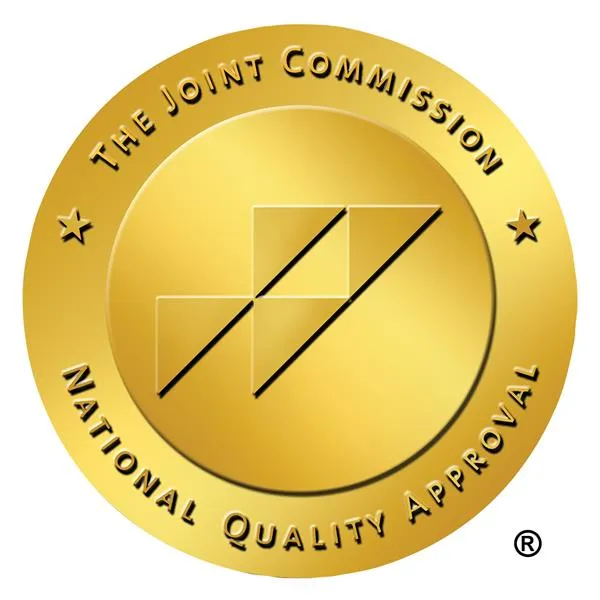One of the most appealing factors of being a travel nurse is the ability to work — and not work — wherever and whenever you want. This level of flexibility is freeing for healthcare workers who want to help communities by providing healthcare services, treatments, and education and still have time to build a life outside of work.
However, because of nursing staffing shortages nationwide, some travel nurses opt to work from one contract to another. While doing back-to-back travel assignments is great for your savings, not taking time off between jobs can be detrimental to your health and productivity levels.
This article explores the many benefits of taking time off between jobs with the hopes of inspiring travel nurses to get much-needed and well-deserved rest between travel assignments.
Boost your cognitive function and focus
When you work continuously without resting, you don’t just get physically exhausted — you will also diminish your mental fuel, which could lead to cognitive depletion and impaired cognitive function. By taking a break, your brain will have the capacity to focus on tasks and be attentive and creative.
Taking a break is also beneficial when it comes to learning new skills. A study by National Institutes of Health (NIH) researchers discovered that taking short breaks from practicing learning new skills enables people to understand them faster. The study found that the volunteers’ brains rapidly and repeatedly replayed faster versions of the new skill while the learners were at rest.
Prevent chronic stress and burnout
Taking a vacation isn’t just about exploring new places and experiencing new things and activities; it’s also about getting your much-needed rest to stave off work-related stress and burnout. Numerous studies have shown how taking vacations can alleviate job stress and burnout, allowing workers to recharge, reset, and relax.
When you go on vacation, you’re also reminded that your life doesn’t have to revolve solely on work: Spending time with loved ones and friends can help remind you that work is just one aspect of your life. Taking vacations, which brings about relaxation, exploration, and awe, also helps contribute to your emotional and mental wellness.
Enhance your productivity and efficiency
Taking breaks can help boost the speed at which you perform your tasks and rejuvenate your thinking. When you’re relaxed and get some time away from day-to-day work stressors, your mind recovers from stress and becomes refreshed. After your vacation, you’re bound to experience a boost in efficiency and productivity at work.
In one study, 46% of participants shared that after they took a vacation, their productivity levels improved, while 40% of participants reported that they experienced a boost in job satisfaction. Meanwhile, another study found that participants who took a vacation increased their reaction times by 40% and boosted their performance by a staggering 80%.
How long should your break be to be effective?
Remember: Restful periods don’t have to be long to be effective. Even while we’re at work, taking micro-breaks, or breaks of a few minutes, can be very beneficial for your mental and physical health, as well as your productivity levels. You can avoid being too stressed or burned out by taking short breaks to walk, stretch, talk with a coworker, drink water, or eat a small snack.
As a travel nurse, you have the liberty to take a few days off after your travel contract to recharge and refuel. Research has shown that taking an eight-day vacation has shown to be ideal when it comes to preventing burnout.
Thinking about visiting your loved ones or finally visiting that beautiful Asian country on your bucket list? Don’t forget to communicate your plans with your recruiter. At Meda. Health, our experienced and friendly recruiters are always glad to help our travel nurses navigate their schedules in between contracts and assist them with their professional and personal goals.
Experience the Meda Health difference, explore our job openings, and join our amazing pool of travel nurses today.

